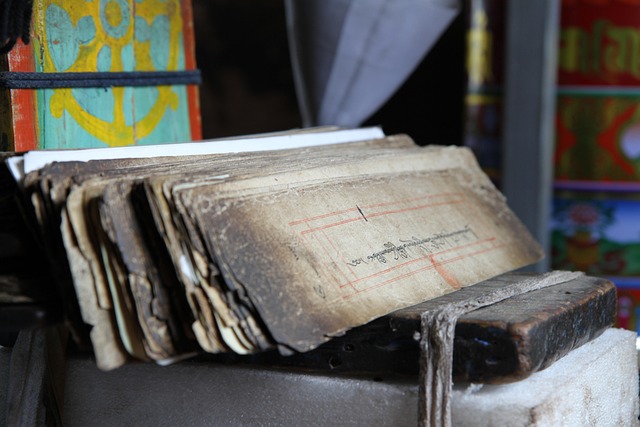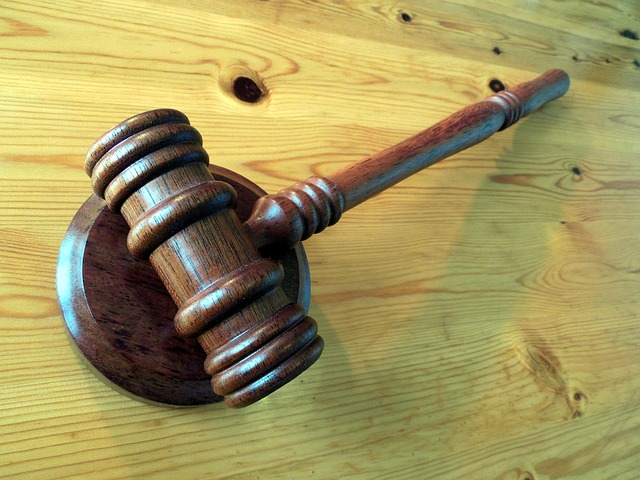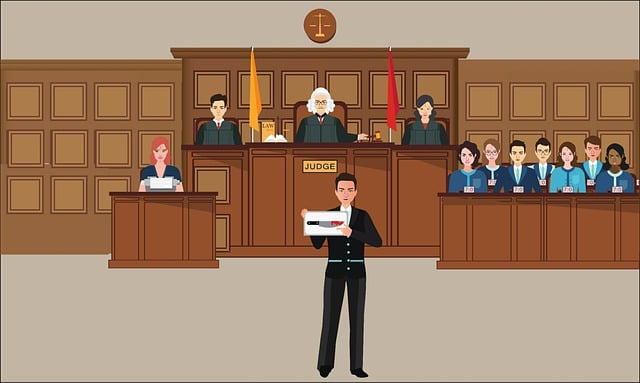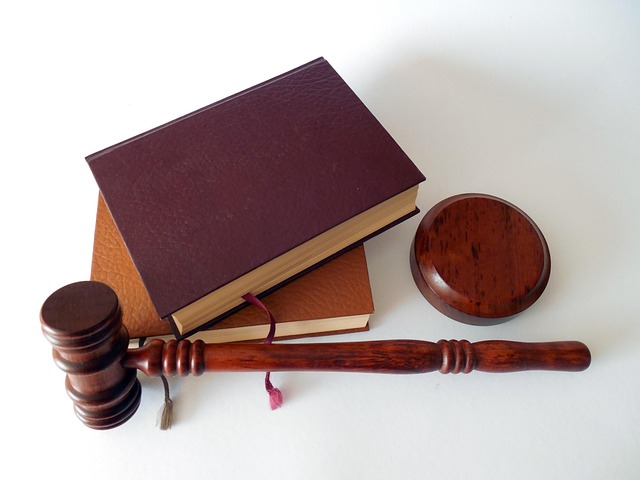Prosecutor Strategies in the plea bargaining process for public corruption cases are key to navigating complex legal landscapes. These strategies leverage negotiations to uncover deeper networks of corruption, streamline trials, and secure convictions while fostering accountability. Both prosecutors and defendants must strategically weigh evidence, cooperation, and potential appeals. Successful bargains can reduce sentences or charges, exposing co-conspirators; unsuccessful ones may lead to lengthy trials, disrupting careers and communities.
In the intricate landscape of justice, public corruption charges stand as a formidable challenge. This article dissects the multifaceted prosecutor strategies in the plea bargaining process, offering a comprehensive guide through its various stages. From understanding public corruption charges and their legal underpinnings to navigating the plea bargaining process and exploring defendant rights, we delve into the complexities. Through case studies, we illuminate successful and unsuccessful examples, providing valuable insights for practitioners and advocates alike.
- Understanding Public Corruption Charges: Definitions and Legal Framework
- The Plea Bargaining Process: A Step-by-Step Guide
- Prosecutor Strategies: Negotiating Pleas for Maximum Impact
- Defendant Rights and Options During Plea Bargaining
- Case Studies: Examining Successful and Unsuccessful Plea Bargains in Corruption Cases
Understanding Public Corruption Charges: Definitions and Legal Framework

Public corruption charges encompass a range of illegal activities where public officials abuse their power for personal gain. These include bribery, extortion, and fraud, often involving complex financial schemes. The legal framework surrounding these cases varies by jurisdiction but generally involves strict regulations and penalties to deter such misconduct. Prosecutors play a crucial role in navigating this process, employing strategic approaches during the plea bargaining phase.
Understanding the nuances of public corruption is essential for both prosecutors and those involved in white-collar defense. Philanthropic and political communities must recognize the impact of these charges on public trust. Skilled attorneys can navigate these complex cases, aiming for winning challenging defense verdicts that uphold justice while ensuring due process. Prosecutor strategies may involve offering plea agreements with reduced sentences or immunity in exchange for cooperation, which can lead to significant revelations and disrupt corrupt networks.
The Plea Bargaining Process: A Step-by-Step Guide

The Plea Bargaining Process is a strategic dance between prosecutors and defendants, where both sides negotiate a plea agreement. It’s a key phase in many high-stakes cases, including those with public corruption charges. Here’s a step-by-step guide:
1. Initial Offering: The defendant makes an initial offer to plead guilty to a lesser charge or accept a specific sentence. This is often done to avoid indictment and the potential consequences of going to trial. Prosecutors consider the seriousness of the crime, the evidence at hand, and the potential impact on both the criminal justice system and philanthropic and political communities.
2. Prosecutor Strategies: During negotiations, prosecutors employ various strategies. They weigh factors like the defendant’s cooperation, the strength of their case, and the potential for a successful appeal. If the prosecutor believes the evidence is strong, they might push for a guilty plea to secure a conviction. However, if there are weaknesses in the case or significant extenuating circumstances, prosecutors may be more open to negotiation.
3. Back-and-Forth Negotiations: This process involves an exchange of proposals and counter-proposals. The defense attorney argues on behalf of their client, while the prosecutor strives to reach a plea agreement that reflects the gravity of the crime. This back-and-forth can take considerable time, especially in complex cases where both sides seek the best possible outcome.
4. Final Agreement: When both parties agree on terms, they formalize the plea bargain. The defendant pleads guilty or no contest as per the agreement, and the prosecutor outlines the recommended sentence. In high-profile public corruption cases, this stage can be particularly intense, with media scrutiny and public expectations playing a role in shaping the outcome.
Prosecutor Strategies: Negotiating Pleas for Maximum Impact

In the complex landscape of public corruption cases, Prosecutor Strategies in the plea bargaining process play a pivotal role. Prosecutors often negotiate with defendants to avoid lengthy trials and the potential for a more severe sentence down the line. This strategy is particularly effective when dealing with high-profile cases that attract media scrutiny across the country. By offering a reduced charge or a lighter sentence in exchange for a guilty plea, prosecutors aim to secure a conviction while also gaining valuable insights into the broader network of corruption.
These negotiations require a delicate balance. Prosecutors must ensure that the plea bargain achieves maximum impact by deterring future corrupt practices and sending a strong message to other potential offenders. They consider factors like the defendant’s cooperation, the severity of the crime, and the potential for further evidence. By carefully weighing these aspects, prosecutors can make strategic decisions, such as offering a plea deal that includes avoiding indictment, thereby encouraging transparency and accountability in respective business dealings.
Defendant Rights and Options During Plea Bargaining

When facing public corruption charges, defendants have several rights and options during the plea bargaining process. One of their fundamental rights is to consult with an experienced attorney who can provide guidance on potential outcomes and negotiate with prosecutors. Plea bargaining allows defendants to avoid a trial, which can be lengthy and costly. It also offers them the chance to mitigate the severity of the charges against them by cooperating with authorities in white-collar and economic crimes cases.
Prosecutor strategies in plea bargaining often focus on achieving extraordinary results. They may offer reduced charges or lighter sentences in exchange for a defendant’s guilty plea, especially if the evidence is strong. However, defendants must be cautious during this stage. While avoiding indictment might seem appealing, it’s crucial to understand the terms of any agreement and ensure that they do not compromise their future interests or limit their options for appeal.
Case Studies: Examining Successful and Unsuccessful Plea Bargains in Corruption Cases

Successful plea bargains in public corruption cases often hinge on effective prosecutor strategies. One key approach is to leverage the cooperative nature of some defendants, offering reduced sentences or charges in exchange for testimony against co-conspirators. This not only weakens the defense but also helps prosecutors unravel intricate networks of corruption. For instance, in high-profile cases where the accused hold significant political or corporate clout, strategic plea bargaining can expose the deeper structures of influence and power.
Unsuccessful plea bargains, on the other hand, may occur when defendants refuse to cooperate or when prosecutors fail to offer appealing terms. In such scenarios, the court may opt for a full trial, which can be lengthy and resource-intensive. However, it also provides an opportunity to expose more extensive evidence of corruption, aiming to disrupt not just individual careers but also the philanthropic and political communities they were embedded in. This highlights the importance of prosecutor strategies in the plea bargaining process, shaping the outcomes of these significant cases.
The intricate dance of the plea bargaining process plays a pivotal role in navigating public corruption charges. By understanding both the legal framework and the strategies employed by prosecutors, we can appreciate the delicate balance between justice and the pursuit of effective, if not always perfect, resolutions in corruption cases. Prosecutor Strategies in Plea bargaining process are key to achieving maximum impact while respecting defendant rights, as illustrated by successful case studies. This comprehensive guide offers a clearer path forward for all involved, fostering transparency and accountability in public governance.






